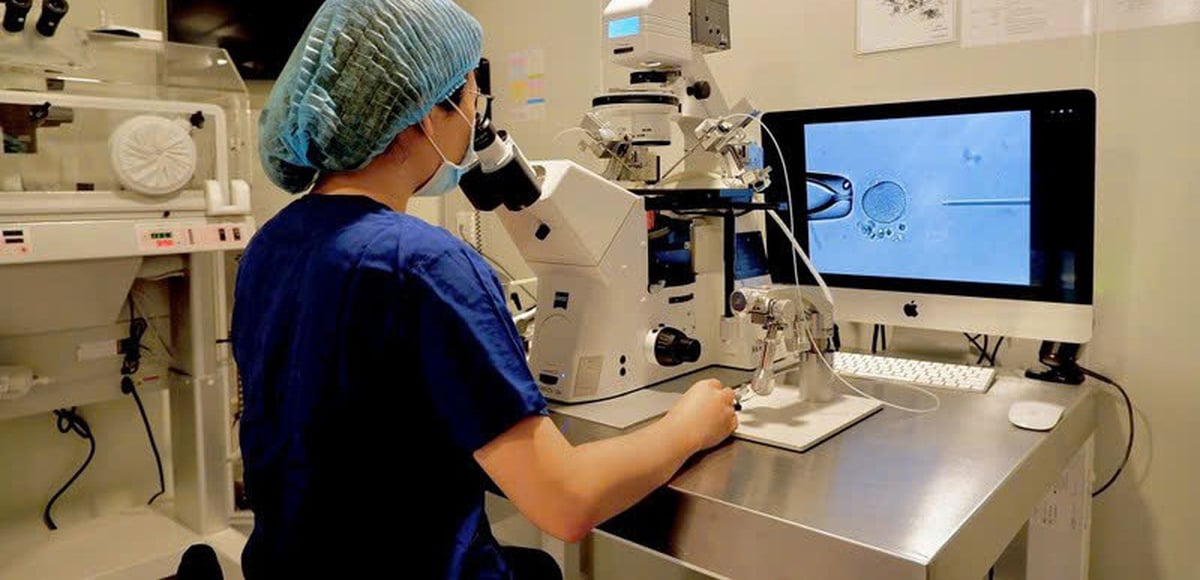
Picky eating is quite common in children and is caused by many factors - Illustration: Adobe Stock/gamelover
A new study by scientists from University College London, King's College London and the University of Leeds suggests that picky eating in children is largely due to genetics, while other factors, such as the type of food eaten at home and where they eat, may only become significant when children are toddlers.
The study was recently published in the Journal of Child Psychology and Psychiatry .
The team conducted a study of more than 2,000 identical and fraternal twins born in the United Kingdom in 2007. Parents answered questions about their children's eating behaviors between the ages of 16 months and 13 years.
Most identical twins share 100% of their genetic material, while fraternal twins do not. This means researchers can compare the genetic and environmental influences on eating habits in both groups and draw conclusions.
When it comes to picky eating, researchers found that fraternal twins were much less similar than identical twins, suggesting that genetics plays a big role in a child's reluctance to try new foods.
Research also shows that picky eating tends to peak around age 7, and often eases as children enter their teens.
The authors of the report stressed that the study showed that picky eating in children is mainly due to genetic factors, not parenting style. This partly relieves the burden of "guilt" from parents when picky eating often causes a lot of stress for children and families.
Picky eating is common in children, said Abigail Pickard, a child psychologist at Aston University who was not involved in the study. One of her recent studies found that around 16% of children aged three to five in the UK are picky eaters, and that factors such as age, parenting style and culture also play a part.
The researcher suggests that parents should try to maintain a relaxed eating environment and avoid turning mealtimes into a battle. Caregivers should model healthy eating habits and avoid using food as a reward to entice children to eat foods they don’t like, as this can lead to harmful food combinations.
 Anorexia in children
Anorexia in childrenSource: https://tuoitre.vn/con-ken-an-la-do-di-truyen-khong-do-thua-con-hu-tai-me-20240923194920298.htm


![[Photo] Closing of the 11th Conference of the 13th Central Committee of the Communist Party of Vietnam](https://vstatic.vietnam.vn/vietnam/resource/IMAGE/2025/4/12/114b57fe6e9b4814a5ddfacf6dfe5b7f)






























![[Photo] Overcoming all difficulties, speeding up construction progress of Hoa Binh Hydropower Plant Expansion Project](https://vstatic.vietnam.vn/vietnam/resource/IMAGE/2025/4/12/bff04b551e98484c84d74c8faa3526e0)































































Comment (0)